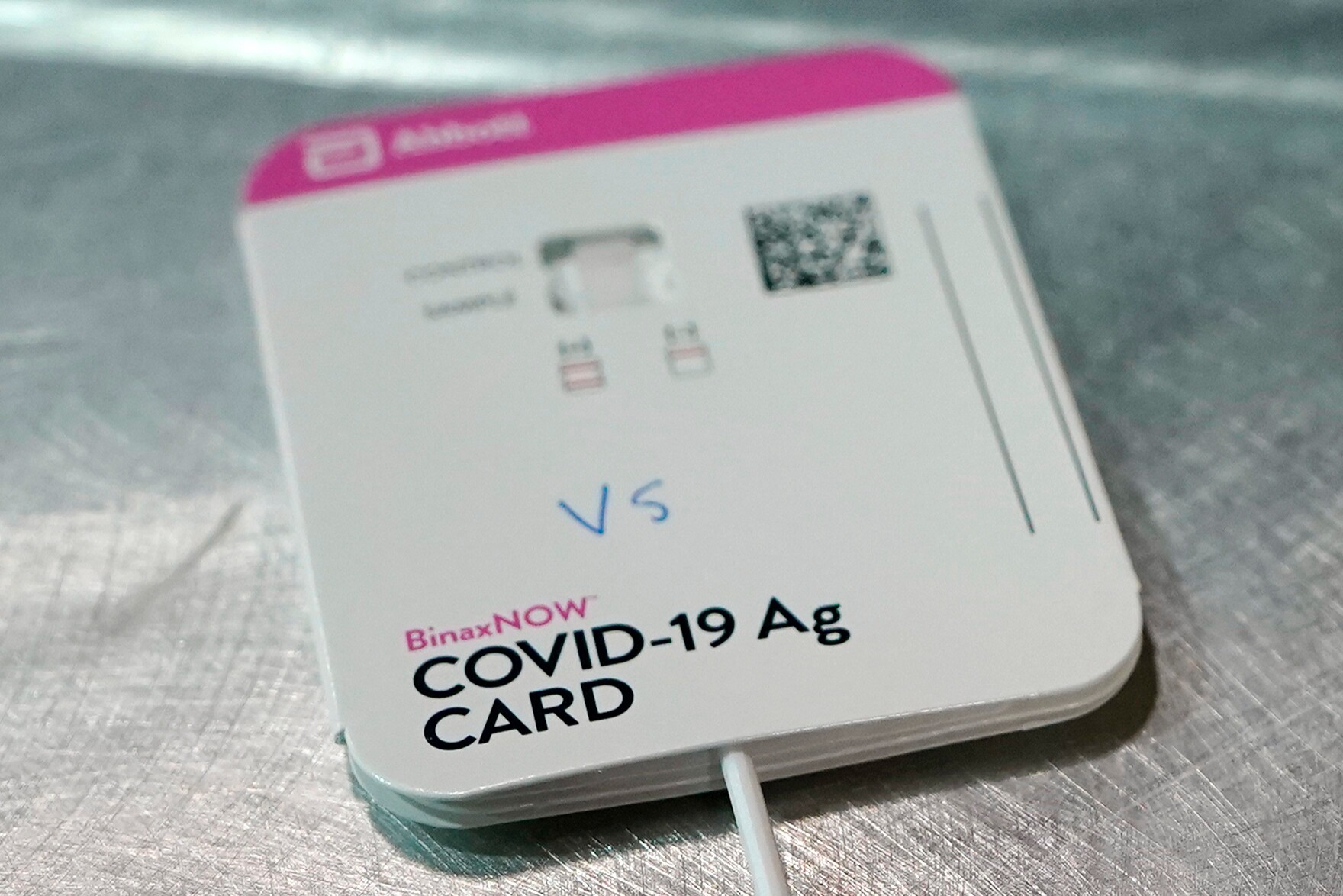On Friday afternoon, local health providers announced a collaboration aimed at enhancing health care services in southern West Virginia.
In a conference room brimming with excited chatter, Mountain Health Network, Marshall Health, and Logan Regional Medical Center announced they have partnered to improve access to specialty care in Logan and surrounding areas.
Kevin Yingling is the president and CEO of Mountain Health Network. He said the agreement is aimed at providing care to rural areas and lessening travel time for patients.
“Mountain Health and Logan Regional Medical Center have held a longstanding mutual respect and common purpose of providing high-quality medical care for patients, close to home,” Yingling said. “We are honored that the Logan and ScionHealth teams have chosen Mountain Health and our academic medical center partners, Marshall Health…so patients and families do not need to travel long distances for advanced medical care.”
Under this initiative, specialists will be trained at Logan Regional Medical Center to provide access to specialized heart, pediatric and cancer services.
“Regardless of where West Virginians live, they deserve to be able to reach the lifesaving medical services they need and rely on,” said Sen. Shelley Moore Capito, who was in attendance. “Today’s announcement means more West Virginians receiving care, more West Virginians providing care, and more teamwork between our medical organizations.”
While some specialty care has been available at Logan Regional Medical Center, this partnership aims to add to these services by implementing workgroups of experts from each hospital that will develop programs that advance cardiology, pediatric and oncology services for patients in the Logan area.
